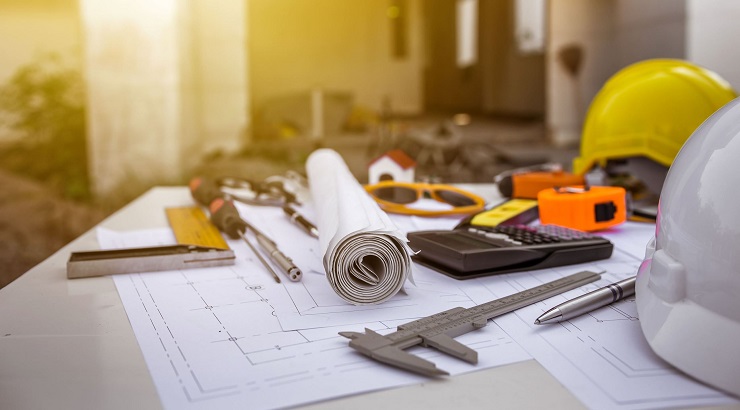Self Building
Building Permit: Everything You Need to Know
An overview of what it takes to obtain a building permit.

A building permit is a legal document issued by the local building authority to allow a builder to undertake a proposed construction or remodeling project.
Building permits are meant to ensure that every construction project complies with the local standards for land use, zoning, as well as construction.
This helps to ensure the safety of the building’s occupants while providing the necessary enforcement of the prevailing zoning codes and land-use policies.
Types of building permit
The most common types of building permits are those linked to opening a wall or putting up some type of new structure.
A builder is most likely to require a permit for plumbing, electrical, insulation, HVAC, framing, certain attached structures such as decks, and certain detached structures such as guest houses and large sheds.
Cost of building permit
The cost of a building permit depends on the location and the quantitative features of a project. That being said, costs for permits can range from $50 for small remodeling projects to upwards of $2,000 for major construction or upgrades.
To know the exact costs, it is advisable to contact your local building department ahead of time to ask about the fiscal requirements.
How to obtain a building permit
The process of getting a building permit starts with contacting the local building department with details of your proposed project.
If a building permit is required, the officials will give you an application form that outlines all the requirements for issuance of a permit.
Depending on the scope of the project, you may be required to apply for multiple permits. A major home remodeling project, for instance, might require a plumbing permit, an electrical permit, as well as a construction/carpentry permit.
Once the application is completed, it should be submitted – together with whatever documentation and fees that may be required.
Upon approval, you will be issued with an official permit certificate that will be posted prominently at designated points within the construction site.
You are required to schedule an appointment with a building inspector who will review the quality of work. If the inspector orders any changes to the work, complete the changes and invite him back for a second inspection.
You do not need to display the permit certificate once the work is approved.
Building without a permit
There are no immediate consequences of undertaking work without a permit. However, serious issues tend to emerge later.
For example, the insurance company may decline to pay for damages caused by water leakages if they find out that the plumbing upgrade was not approved.
Lack of a building permit for renovations may also lower the sale price of a house, besides making it difficult for you to find a buyer.














